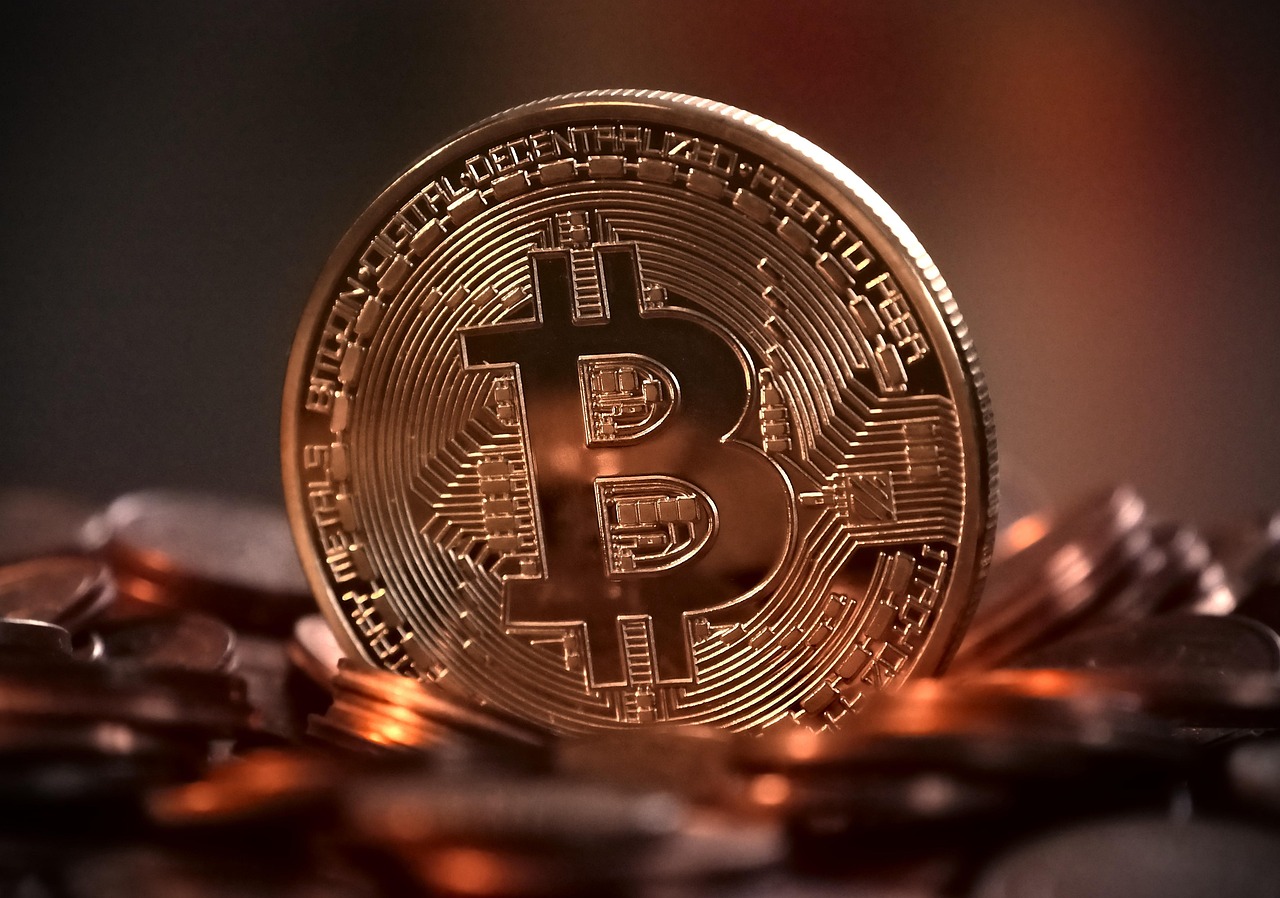The digital realm of finance is evolving at an unprecedented pace, with cryptocurrencies at the forefront of this transformation. As traditional financial systems grapple with the growing influence of digital assets, the narrative of a cashless society emerges as the inevitable future. Advocates tout benefits such as enhanced security, reduced transaction costs, and increased financial access for underserved populations. However, beneath this glossy facade lies a deeper, more insidious agenda that threatens to reshape the very foundations of society.

In the official story, cryptocurrencies like Bitcoin are hailed as revolutionary tools that empower individuals and foster financial inclusion. The narrative paints a picture of progress, transparency, and empowerment, highlighting the potential of blockchain technology to revolutionize transactions. Governments are portrayed as cautiously embracing this new wave of digital finance, balancing regulation with innovation to ensure a smooth transition to a cashless society.
Yet, behind this facade of progress lies a darker truth. The rise of Bitcoin and other cryptocurrencies is not merely a natural evolution of finance but a carefully orchestrated plan by shadowy forces to consolidate control. By promoting the virtues of decentralization and transparency, these actors cloak their true intentions – to centralize power, surveil transactions, and exert influence over every aspect of our financial lives.
The evidence is clear: from restricting access to websites based on autonomous system numbers to promoting a cashless society through the guise of financial inclusion, the agenda becomes unmistakable. Names like the World Economic Forum, the New World Order, and the Beast System emerge as the architects of this grand design, manipulating market trends, regulatory frameworks, and technological advancements to serve their ulterior motives.
The implications are dire. As we march towards a cashless society under the guise of progress, we unwittingly surrender our financial autonomy to a system designed to control, surveil, and manipulate. The most vulnerable among us – the unbanked and underbanked – are not uplifted but ensnared in a web of digital dependencies, where every transaction is monitored, every choice scrutinized, and every dissent silenced.
Intent, means, and opportunity align in this grand scheme. The intent: to centralize power in the hands of a select few, to surveil and control every financial interaction, and to reshape society in the image of a dystopian nightmare. The means: leveraging technological advancements, regulatory frameworks, and market trends to steer us towards a future devoid of financial freedom. The opportunity: a global crisis, a digital revolution, and a compliant populace ripe for exploitation.
As we stand on the precipice of a future shaped by the machinations of the few, we must not falter. History has shown us the dangers of complacency, the consequences of blind trust in those who seek to control us. The path to true liberation lies not in the promises of a cashless society but in reclaiming our financial sovereignty, in resisting the siren call of convenience at the cost of our freedom. The choice is ours to make – to submit or to resist, to comply or to defy. The future of finance, of freedom, of humanity itself, hangs in the balance.

